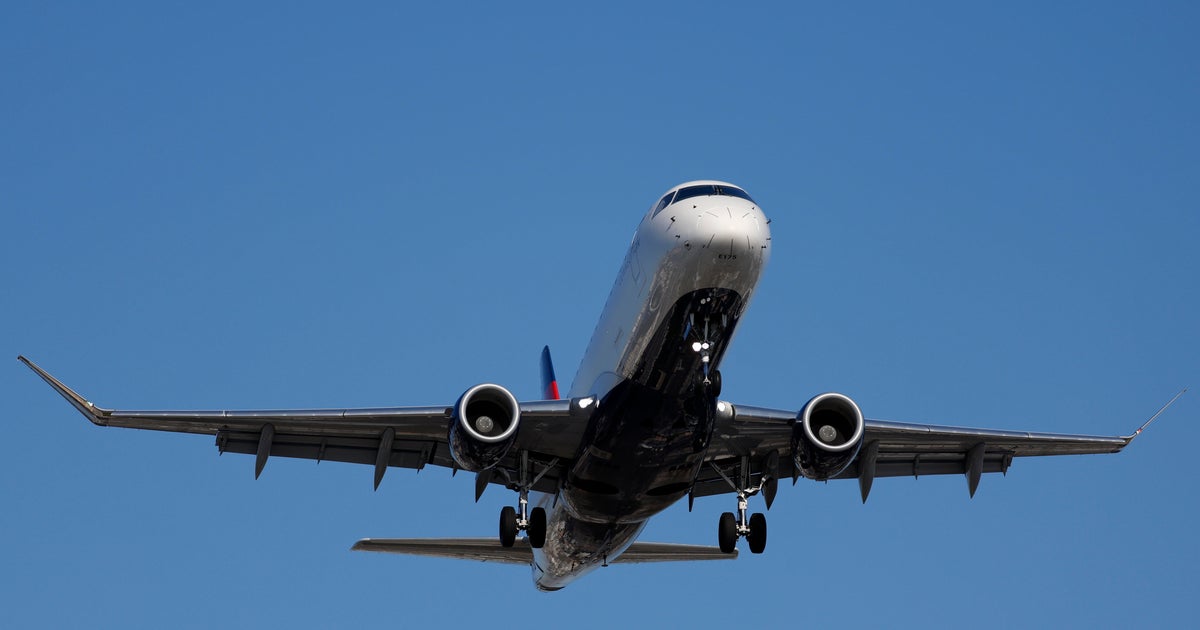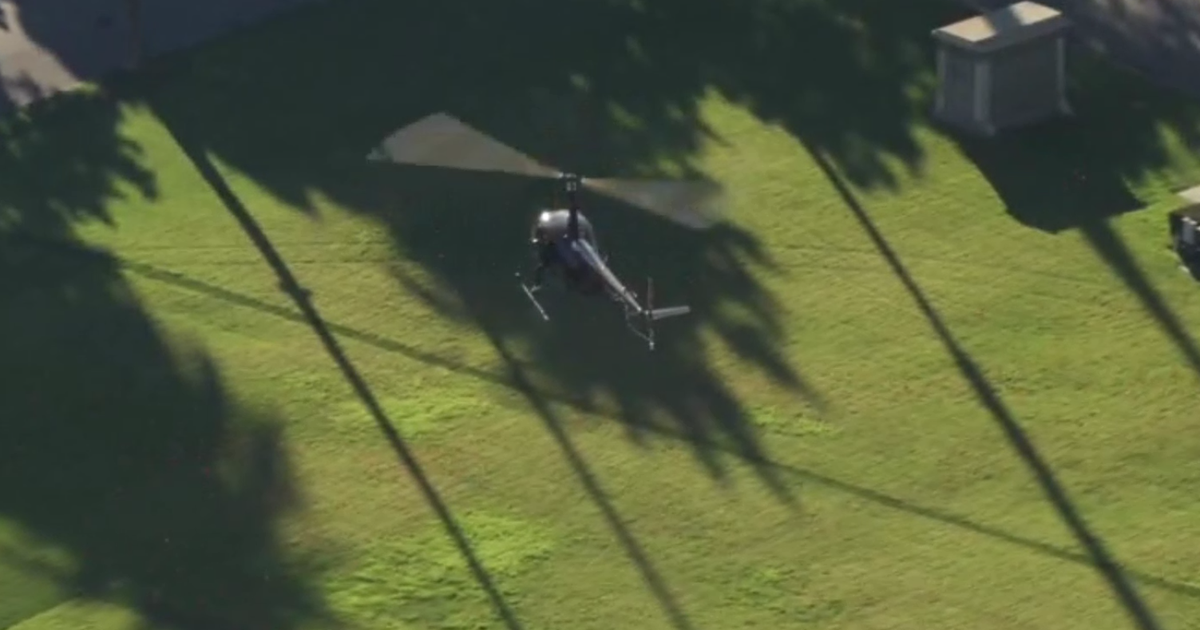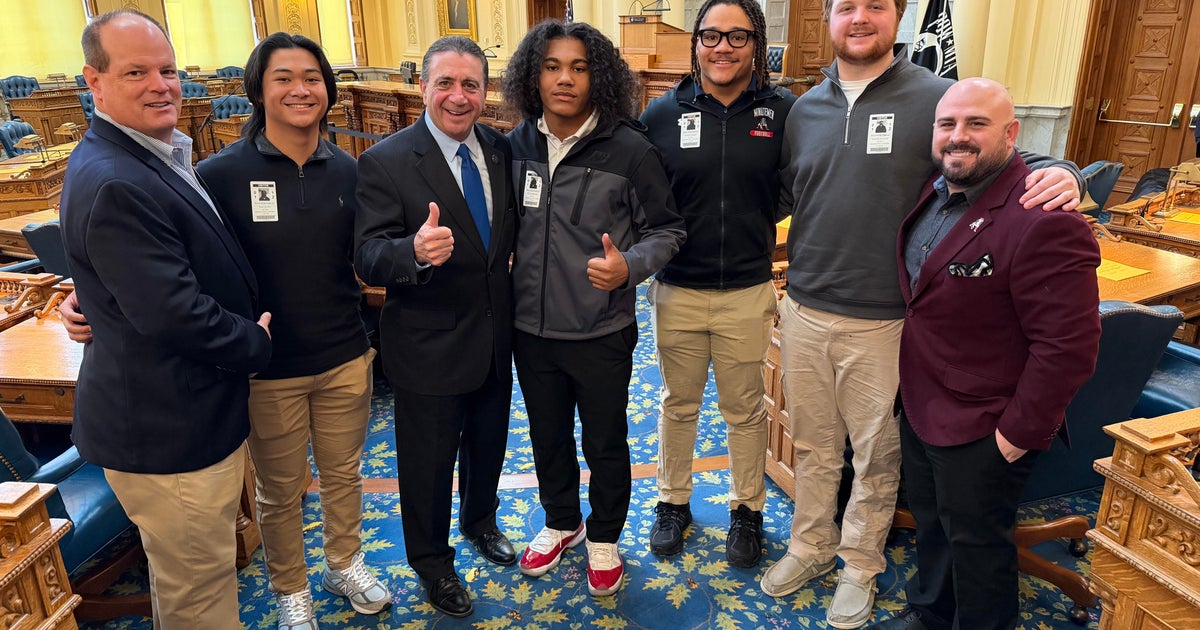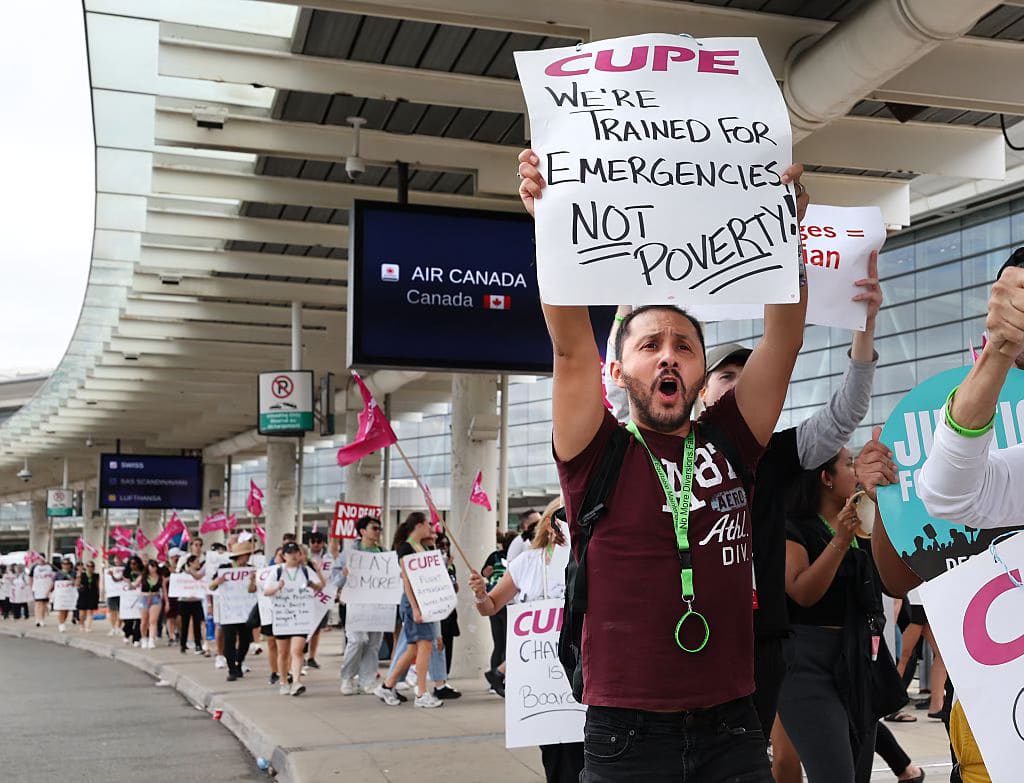Airline helps people conquer their fear of flying. "All they need from us is knowledge," pilot says.
Terrified at the mere thought of speeding through the air locked in a thin metal tube? British Airways Captain Steve Allright is there for you.
The aptly named pilot leads a course developed by the carrier called "Flying With Confidence" that helps anxious fliers get over their nerves. It includes a "technical session" that addresses how aircraft operate, including what to know about air turbulence, as well as discussion of the psychology of flying.
Then, a test: Participants board a British Airways jets for a 30-minute flight. You'll have plenty of company, though. Along with your fellow class members, you're joined by a psychologist and cabin crew, and of course a pilot, who provides running commentary during the flight to explain in detail what is happening during each phase of the flight.
The airline touts the group experience as one that can help fliers feel less alone and more at ease with entrusting their lives to strangers. "It's also when you [realize] you're not alone as a nervous flyer, as you meet many others who are as scared of flying as you are," the course description reads.
At the low end, the course costs roughly $500 for an all-day session running from 8:30 a.m. to 6:30 p.m., and gains altitude to nearly $2,000 if you want more one-on-one attention.
BA says over 50,000 participants have completed the course, which it claims is the first of its kind in the U.K. Indeed, the course isn't new, and has been around for decades. But it's gained attention following a string of safety incidents at other airlines. As a result, booking platform Alternative Airlines, which launched after a frightening mishap on an Alaska Airlines flight earlier this year, now lets travelers search for flights that aren't operating on Boeing 737 Max aircraft, the plane involved in the incident.
United Airlines is also grappling with fallout from a series of recent safety issues, spurring U.S. Transportation Secretary Pete Buttigieg to speak out and insist commercial air travel is safe. He addressed consumer concerns around flying in a recent press conference, citing federal data showing that "American aviation is the safest means of travel in the world."
"It's a long way by boat to visit the grandchildren"
Captain Allright said participants in the course generally break down into two groups: People who haven't flown in decades, and those who fly but dread the experience. Taking off and turbulence generate the most fear, while another common worry is that a plane's wings will snap off. (They never do, according to Allright.)
"They are all there because they want to get better and change their attitude toward flying," he told CBS MoneyWatch. "They are paying to do this. All they need from us is knowledge of how an aircraft flies."
One recent course participant said she hadn't flown since her honeymoon in 1986, but wanted to be able to travel to visit her son and grandson, who recently moved to Australia.
"I said why now? And in her case she said, 'It's a long way by boat to visit the grandchildren,' so she felt she had to do it," said Allright, saying the course has a 98% success rate. "She strode onto the aircraft and came off with tears in her eyes, and said thank you for changing my life."
Those who want more emotional support can pay an extra $1,000 to have both a therapist and a trained pilot sitting in your row during the flight. Among other things, the psychologist will discuss what's behind "aerophobia," or fear of flying, addressing such common anxieties as claustrophobia, fear of heights, fear of falling and other related issues.
Premium courses, which cost over $2,300, are capped at four participants and include two domestic flights, usually a round trip from Manchester, Edinburgh or Newcastle. The smaller group provides "a much more personal and discreet environment, with time to ask every question on your mind, and really get to the source of your fear of flying," BA writes in the course description.
British Airways also offer tips for nervous fliers to consider in flight.
- First, while turbulence isn't fun, it's not actually dangerous. "It's a perfectly normal part of flying cause by nature," Captain Allriight says in a tips sheet.
- Taking regular, long, deep breaths can also ease anxiety.
- Remember that aircraft are designed for air travel.
- Also remember pilots are highly trained professionals whose skills are rigorously and regularly tested.
- Split long flights into sections with activities for each. Watch a film, write a letter, read a book, eat a meal





